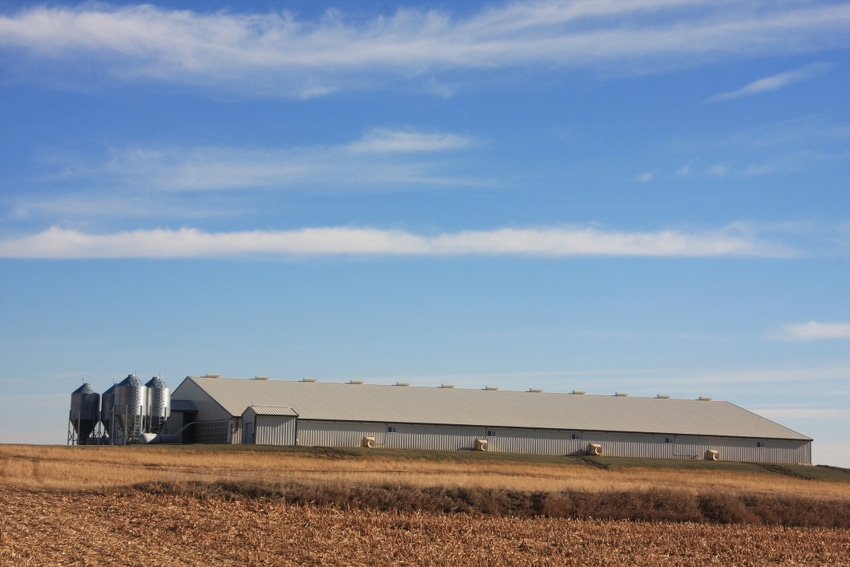Tyson CEO says protein shortage shifting trade patterns and affecting prices.

The U.S. hog industry is seeing the impact from African swine fever (ASF), Tyson Foods chief executive officer Noel White said this week.
“It’s counter-seasonal for us as an industry to be processing 2.7 million-plus hogs per week and seeing product move higher, so we are seeing the impact, particularly over the course of the last several weeks,” he said.
However, he said the positive impacts anticipated are still hard to quantify. According to White, here’s what the company does know: ASF is likely to improve export markets and change protein consumption dynamics for a number of years.
“From a global perspective, if we take just China, and the public reports would say that ... somewhere around half the hogs have died in China -- [although] it might be a little more, might be a little less, nobody knows the actual number -- and China produces half of the hogs in the entire world,” he said. “So, there’s somewhere around 25% reduction that’s taking place on a global basis, which translates to a total protein supply globally of someplace between a 5-6% decrease in global protein supplies, and that’s everything else being equal.”
Trade patterns are shifting, White noted, adding that there has been an increase in exports from Australia, New Zealand and countries like that into China.
“We’re seeing less imports into the United States. We’re seeing more beef and pork move from South America into China and Southeast Asia, so the global dynamics are changing; they’re evolving, and any time the world loses that amount of protein supply, and demand is growing, prices are impacted.”
These shifting market dynamics are why it is difficult to forecast what the impact will be for Tyson in 2020, but “they’re all favorable, they’re all positive, and we can all run different economic models of what we think the impact is going to be,” he said.
White further relayed that exports to Mexico, Japan and China are picking up, and pricing has been improving because of supply shortages in China and other Asian countries affected by ASF.
Tyson will be in an even better position to compete for these export opportunities, he said, since it will soon be buying only ractopamine-free hogs -- a requirement for pork imported into China.
While White said Tyson is positioned to benefit from ASF, the company’s long- term success is not dependent on ASF or any other one-time events. “Tyson Foods is a strong company with a sound strategy and a unique diversified business model,” he said.
About the Author(s)
You May Also Like



.png?width=300&auto=webp&quality=80&disable=upscale)

